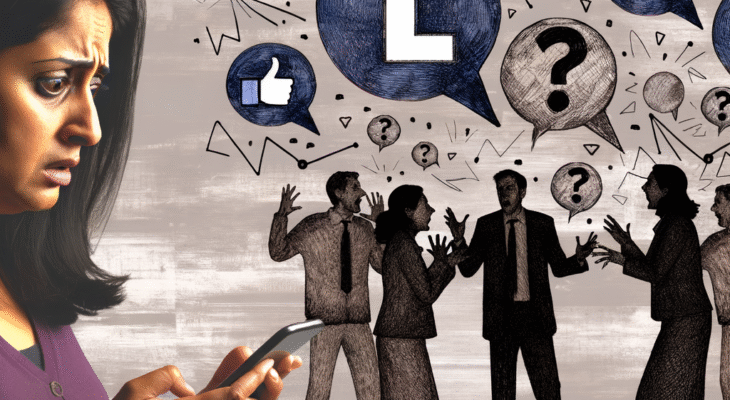The Backlash Over Charlie Kirk: Why Are People Getting Fired?

Understanding the Controversy
Have you noticed the buzz about Charlie Kirk lately? It seems like social media has been lit up with chatter following his controversial remarks. Some people are celebrating a backlash that many are interpreting as hatred. But what’s really going on, and why are some people getting fired for it?
Who is Charlie Kirk?
For those of you who might not know, Charlie Kirk is a conservative commentator and the founder of Turning Point USA. He's known for his provocative views that often spark intense debate. Lately, his remarks have crossed a line for some, leading to what many are calling “celebratory” reactions in certain circles. And that’s where the trouble starts.
The Allegations and Backlash
After a series of controversial comments, reports surfaced that some individuals allegedly celebrated what could be described as his downfall. This led to accusations of a coordinated campaign against them, resulting in various professionals losing their jobs. It raises some baffling questions about accountability and the nuances of free speech.
The Role of Social Media
Social media plays a huge role in situations like this. It’s a place where opinions fly fast and sometimes get misconstrued. People feel empowered to express their ideas, but this also leads to a mob mentality. The line between expressing outrage and inciting harm is often blurred. I wonder how many of us have shared an opinion online without truly thinking about the potential consequences?
What's Driving the Firings?
So, what’s driving these firings? For one, many companies are increasingly cautious about their public image. In a world where a single tweet can spark a national debate, companies are motivated to protect their reputation. But should celebrating someone's downfall on a personal level really lead to someone losing their livelihood? This feels like a gray area, and honestly, it’s troubling.
A Discussion Worth Having
This situation touches on larger themes like **cancel culture**, accountability, and the freedom of expression. While it's vital to hold public figures accountable, this kind of reaction raises ethical questions. At what point does outrage become harmful? And what of those who celebrate a public figure’s misfortune? Are they just as culpable?
What Can We Learn?
We’re living in a time filled with both **public outrage** and fear of repercussions. It’s crucial for us to think before we leap into the call-out culture. Perhaps taking a step back to consider diverse perspectives might just be the key to fostering healthier dialogues. After all, we all want to express ourselves freely without the constant shadow of cancellation looming overhead.
Stay tuned for more insights on how current events shape our discussions, or see our other posts for more intriguing takes. Want to keep the conversation going? Follow us on Twitter or Pinterest!
